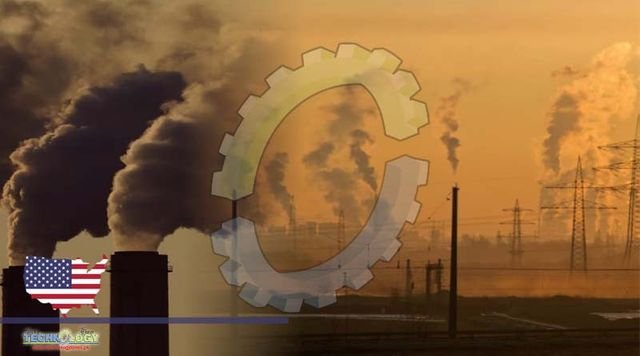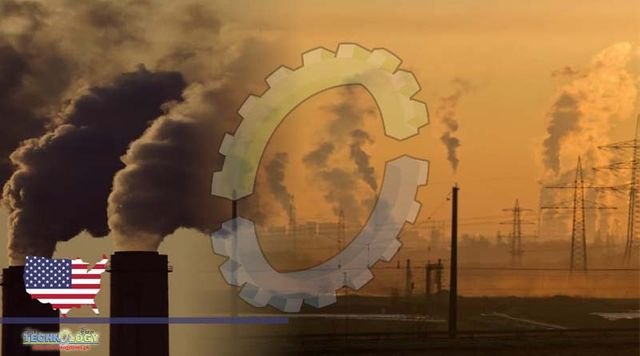Research has shown that air pollution exposure being unvaccinated raises a person’s risk of becoming infected with the coronavirus, while being older, overweight or immunocompromised can increase the severity of the disease.

Now scientists think there is another risk factor that may increase the likelihood of contracting the coronavirus and the possibility that it will lead to a poor outcome: exposure to air pollution. A growing body of evidence suggests links between breathing polluted air and the chances of being infected by the coronavirus, developing a severe illness or dying of covid-19. While many of these studies focused on long-term exposure to air pollution, experts say there is also building evidence that even short-term exposures may have negative effects.
A recent study of 425 younger adults in Sweden found that brief exposures were “associated with increased risk of SARS-CoV-2 infection despite relatively low levels of air pollution exposure,” according to the paper published in April. Unlike many other studies that analyzed vulnerable populations, such as the elderly or young children, and tracked the effects of long-term exposures on hospitalizations and deaths, the median age of participants, who largely reported mild to moderate symptoms, was about 25 years old.
More studies conducted during the pandemic have found links between air pollution exposure and the chances of contracting the coronavirus, developing a severe infection or dying of covid-19. Research has shown that being unvaccinated raises a person’s risk of becoming infected with the coronavirus, while being older, overweight or immunocompromised can increase the severity of the disease. Now scientists think there is another risk factor that may increase the likelihood of contracting the coronavirus and the possibility that it will lead to a poor outcome A growing body of evidence suggests links between breathing polluted air and the chances of being infected by the coronavirus, developing a severe illness or dying of covid-19. While many of these studies focused on long-term exposure to air pollution, experts say there is also building evidence that even short-term exposures may have negative effects.
A recent study of 425 younger adults in Sweden found that brief exposures were “associated with increased risk of SARS-CoV-2 infection despite relatively low levels of air pollution exposure,” according to the paper published in April. Unlike many other studies that analyzed vulnerable populations, such as the elderly or young children, and tracked the effects of long-term exposures on hospitalizations and deaths, the median age of participants, who largely reported mild to moderate symptoms, was about 25 years old.
The findings will hopefully raise awareness “that actually these kind of exposures can be harmful for everyone,” said Erik Melén, the study’s principal investigator and a professor in the department of clinical sciences and education at the Karolinska Institutet in Sweden.
Zhebin Yu, the study’s lead author and a researcher with the Karolinska Institutet, noted that the research was based on unvaccinated people during an earlier phase of the pandemic. So the results, he said, may not be applicable to more recent coronavirus variants, such as omicron, and vaccinated individuals.
The findings, however, add to the understanding that when it comes to health effects, including covid risk, “there is no safe limit or safe threshold of air pollution,” said Olena Gruzieva, an associate professor at the Karolinska Institutet who worked on the study.
Source: This news is originally published by washingtonpost
